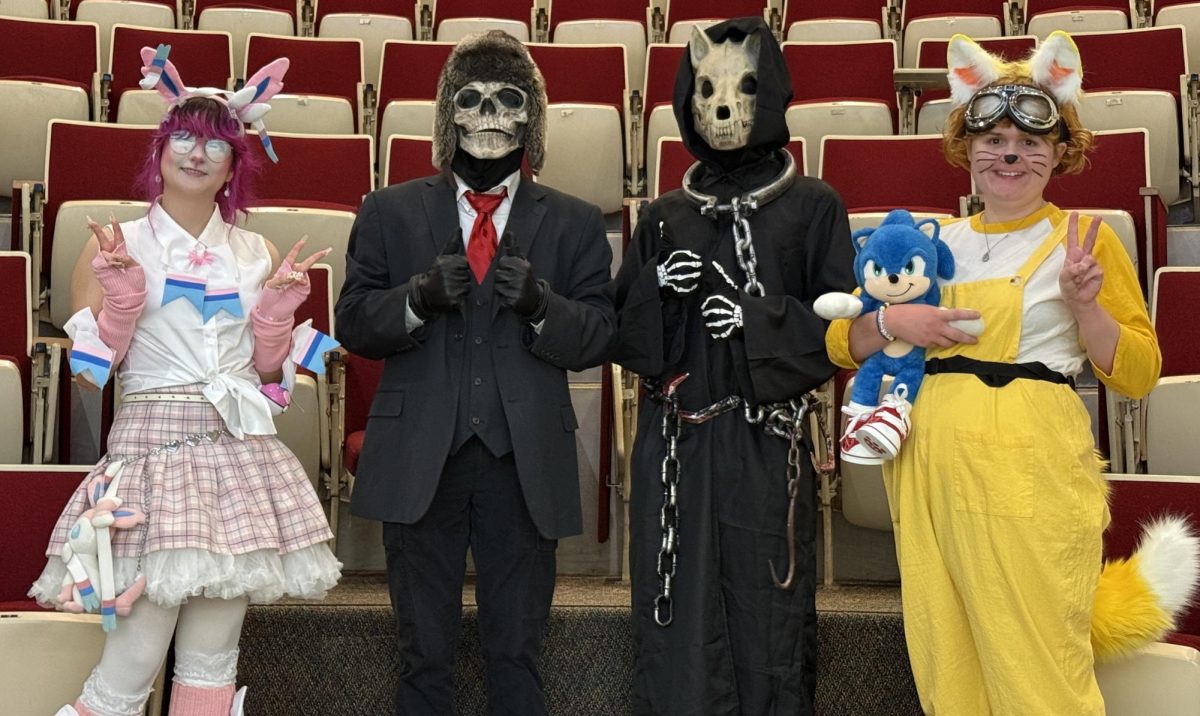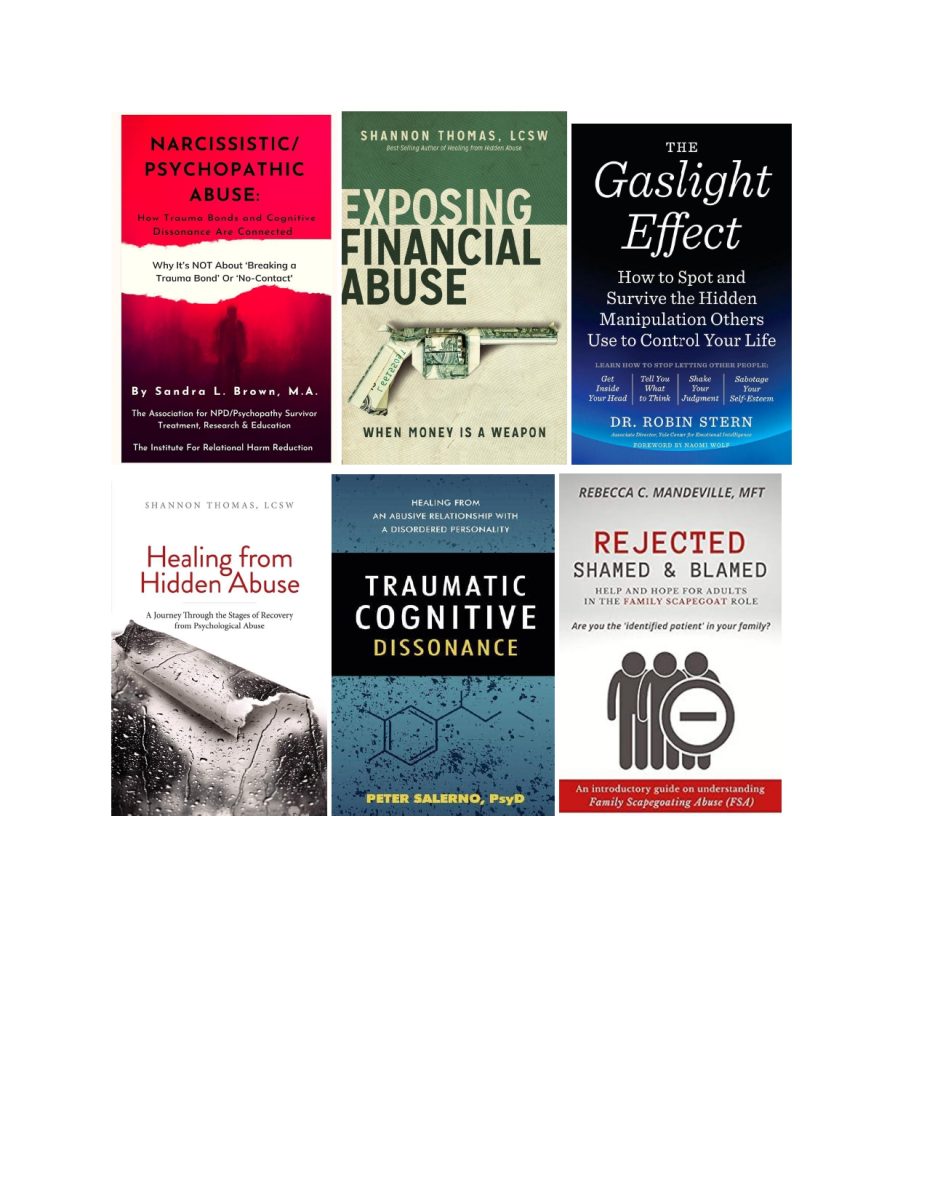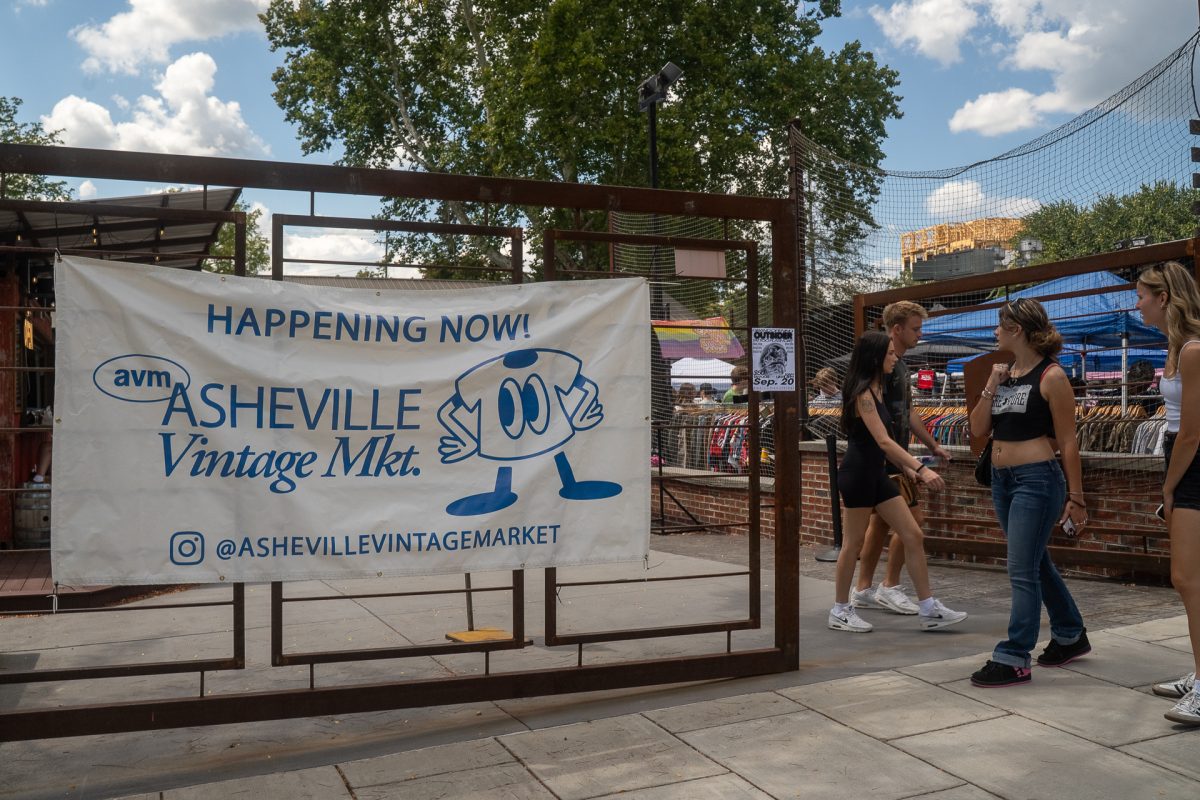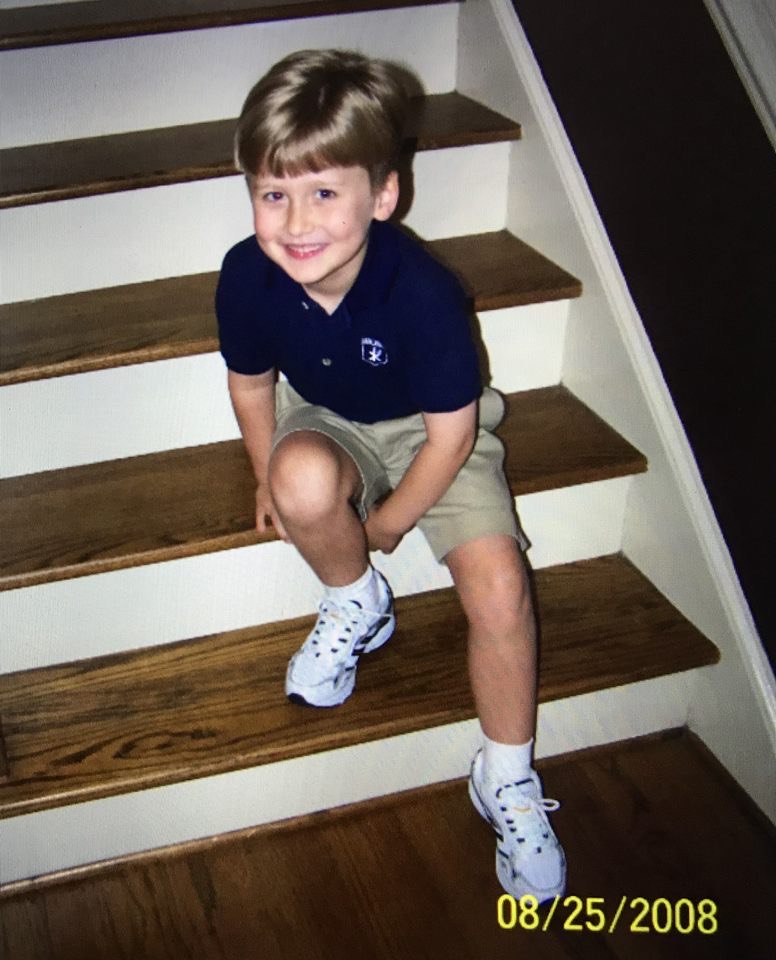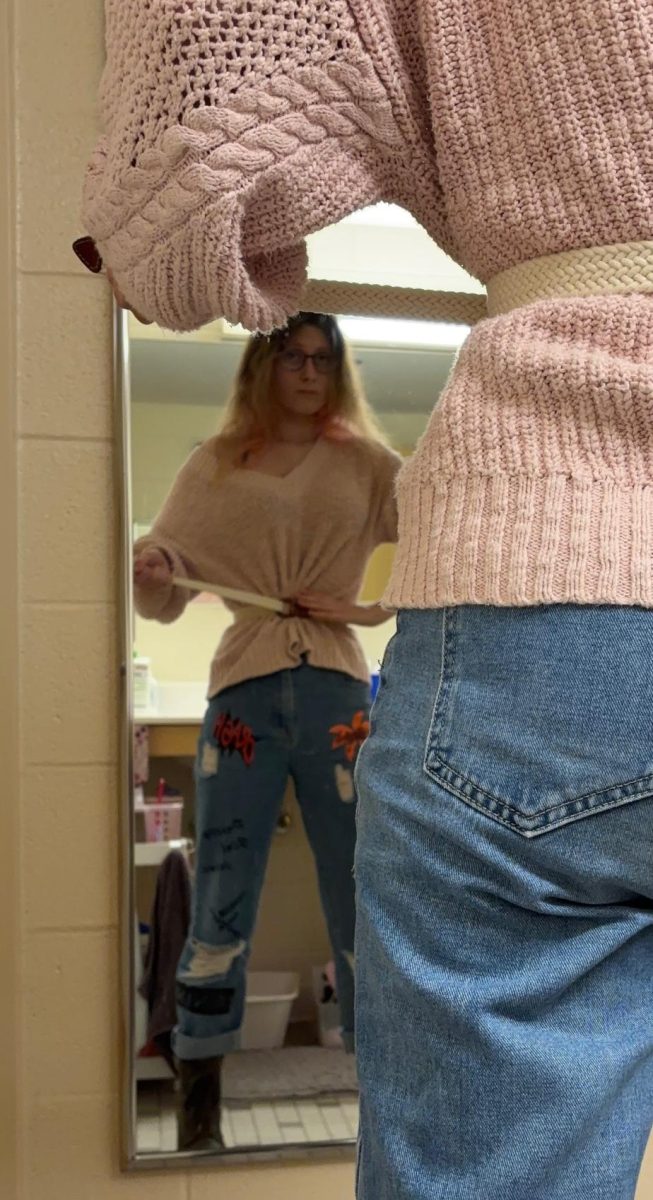Most people don’t see what survival mode looks like in a college student. It doesn’t always look like breakdowns or missed assignments. Often, it seems like good grades, class attendance, and outward “success”—all while someone is being psychologically dismantled from the inside out.
Some of us are surviving more than just personal hardship—we’re surviving covert abuse, coercive control, and psychological annihilation by individuals who operate with pathological, calculated intent. These people don’t just harm privately—they construct false narratives to destroy their target’s credibility, weaponize social perception, and isolate their victim through systemic manipulation. It’s gang bullying. It’s scapegoating. It’s character assassinations. It’s psychological warfare. And it works when institutions look away.
I’ve lived through it. And I’ve watched every system that claims to support survivors fail to recognize it, even with irrefutable proof.
Trauma-informed language is everywhere, but it’s rarely practiced competently and meaningfully. Institutions pat themselves on the back for checking boxes while retraumatizing the people they claim to protect. Survivors of covert abuse are often pathologized instead of supported. Therapists label them anxious, depressed, or unstable—without ever asking what they’ve survived or being interested in how pathological abusers operate.
Domestic violence services often can’t recognize emotional and psychological abuse when there are no visible bruises. Judicial systems weaponize confusion and technicalities to favor abusers with resources and charm. Shelters and even churches can be unsafe, retraumatizing, or flat-out dangerous for people escaping coercive control. Survivors are expected to prove harm, while their abusers hide behind masks and manipulate every room they enter and every ear that they hear.
The result? The survivor gets erased. Misunderstood. Diagnosed. Abandoned. Hopeless.
Silenced.
Many of us are also left with the long-term impact of financial abuse — left with no access to economic resources, no safety net, and no stable support system. We’re trying to survive complex trauma, brainwashing, and grief while navigating poverty, disability, and chronic health issues that were caused and worsened by prolonged scapegoating and intentional, sadistic, coercive control, and intentional harm. Brain damage. Neurological inflammation. Panic. Autoimmunity. Dissociation. Pathological abuse is total.
We’re not just trying to get good grades. We’re trying to keep a roof over our heads. We’re trying to find peace in bodies that no longer feel safe to live in.
Federal financial aid—like Pell Grants—is not optional for students like me. It is survival. It’s the only thing standing between us and homelessness, total collapse, or the inability to complete our degrees. The threat of losing this support is terrifying. Many of us won’t make it through if these resources are taken away.
We’re doing everything we can just to stay afloat. And we’re doing it inside a system that not only misunderstands trauma—it actively gaslights, patronizes and invalidates those living inside it.
This isn’t resilience. This is what happens when people have no other choice.
We are not fragile. We are not broken. But we are tired of being strong in a world that keeps punishing us for surviving.
We need institutions that stop siding with the abusers. We need funding that acknowledges trauma has financial consequences. We need trauma-informed support that understands what malignant pathological abuse looks like. We need therapists, professors, administrators, judges, and service providers who stop asking, “Why are you like this?” and start asking, “What has been done to you?”
Until that happens, survivors will keep being gaslit, pathologized, and abandoned by the very systems that claim to help. This reinforces the narrative that our very lives are expendable.
And still—we show up.
But we shouldn’t have to do it alone.














